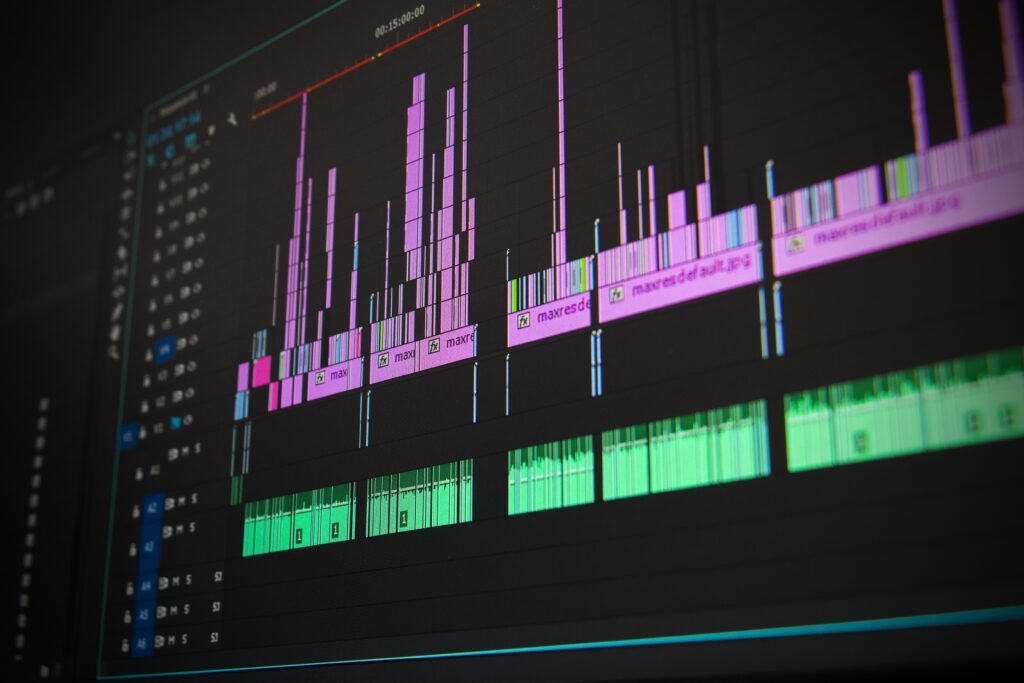
For any trader who chooses a broker to work on the forex market, one of the key factors influencing the choice is the availability of an appropriate forex license application.
Regulators in many countries are taking a number of measures aimed at reforming legislation and implementing stricter rules, and increasing entry barriers for financial services providers.
Today, all brokers strive to obtain a forex broker license, which acts as a guarantee of their reliability in front of potential clients. Various financial commissions check the legality of the broker’s activities and conduct an audit of it; after the issuance of a license, they control the firm’s work issues such as licenses.
Services that may be offered/provided by a company with an applied FX Dealer License:
- purchase/sale of share certificates;
- accepting deposits;
- provision of loan services;
- the right, whether represented by a warrant or not, to subscribe for shares;
- profit from activities related to the exchange of currencies and precious metals;
- trading on managed accounts with POA/LPOA.
How to Get a Brokerage License in Forex Sphere
First, you need to choose a suitable jurisdiction where brokerage is allowed. It is also necessary to familiarize yourself with the legal framework of a particular region on this issue since different states have different requirements for getting licensed permission.
For a license obtaining, entrepreneurs must have a registered firm and an open bank account.
Almost every jurisdiction has requirements for:
- the minimum amount of the authorized capital of a brokerage company;
- company staff (number of employees and their qualifications);
- payment of state duty.
Moreover, the company is obliged to conduct financial transactions only in the country where the license was obtained. The choice of professional environments for forex brokers is wide, but licenses from countries where taxation is more loyal and there is no strict tax control are popular.
As a rule, these are small island states – offshore jurisdictions. However, since the choice of jurisdiction is decisive for the further business vector, we advise you to turn to the professional team of Eternity Law International.
The main preparatory steps for the turnkey forex solution are shown below.
- Officials must provide proof of at least five years of experience in finance supported by letters of recommendation.
- Name availability check.
- Collection and preparation of documents required for registration.
- Bank account and implementing capital requirements.
- Interview with the regulator.
- Submission of documents for licensing.
Necessary documents package for registering a forex license:
- properly completed application and questionnaire;
- information about the organization (legal address, company name, etc.);
- constituent documentation;
- confirmation of payment of the state fee;
- confirmation of the company’s registration with the tax service;
- copy of the balance sheet, as well as profit and loss statements of the organization and the auditor’s report;
- copies of passports of beneficiaries and directors, as well as certificates of their non-conviction;
- information about the financial investments of the future broker;
- confirmation of the qualifications and experience of the company’s employees.
The following requirements are put forward for companies obtaining a forex broker and trader license:
- board of directors consists of at least four members (depending on certain jurisdiction);
- all members of the board of directors are residents of particular jurisdiction;
- the general manager has appropriate certificates;
- there is evidence of compliance with the standards specified in the directives (namely: a transparent organizational structure, a strict procedure for identifying customers, ensuring the security of working with processing systems, the existence of a risk assessment and effective management mechanisms, the availability of tools to guarantee customer ownership rights).
The Forex market does not have a centralized regulator. Thus, there is no single international body or organization that could control market participants’ activities.
Strictly speaking, there cannot be such a regulator, because the work of the foreign exchange market is based on the independence of operations and providers of these operations relative to each other.
Nevertheless, the activities of individual forex-licensed market companies are still controlled, including brokers. Broker control algorithms are constantly developing and evolving, and already on the market, there are not only local regulators for individual countries but also international ones.
